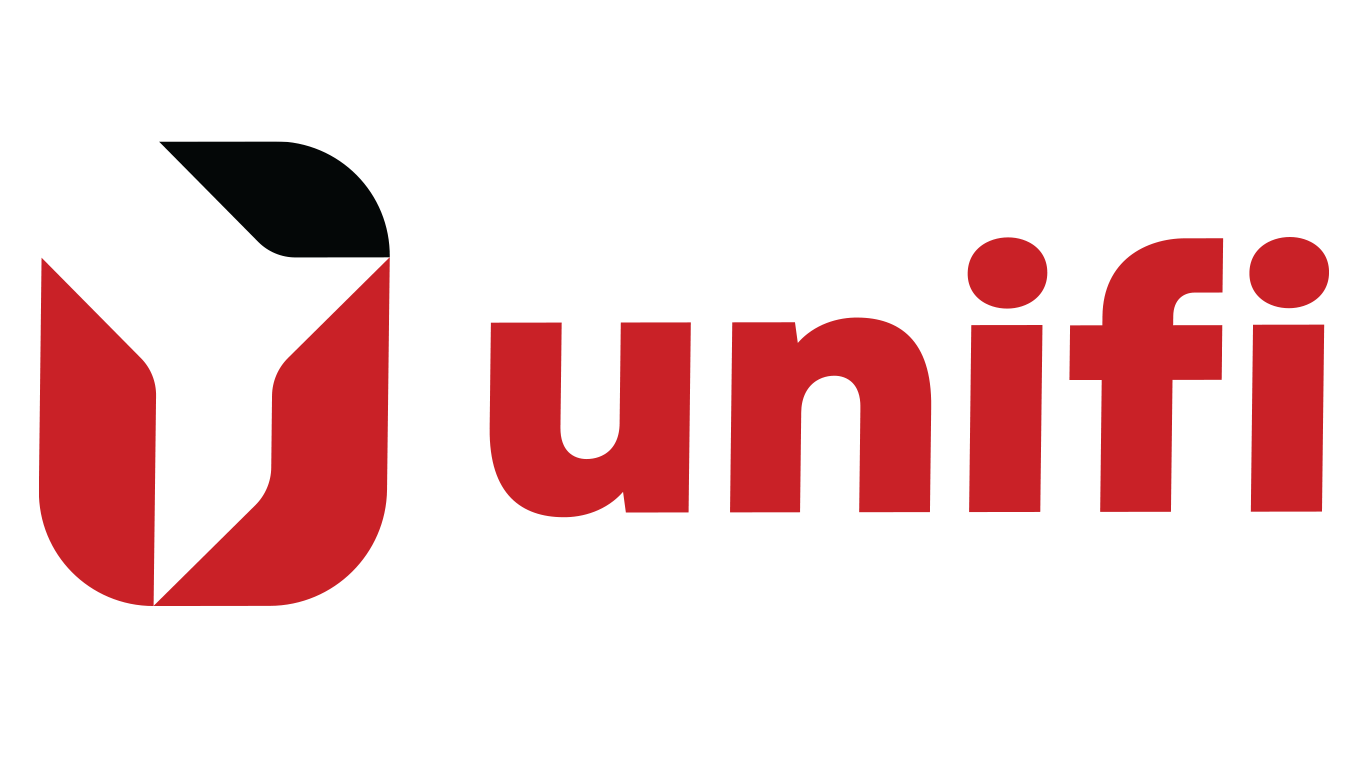Debt Consolidation: Understanding Fees and Charges
Opting for a consolidation loan involves certain fees, including an initiation fee which varies based on your total debt and the number of credit agreements you have. Additionally, a monthly service fee for the loan’s administration is charged, capped at R60 plus VAT as per the National Credit Act (NCA).
Lenders might also require credit life insurance to safeguard the loan in events like retrenchment, disability, death, or severe illness, ensuring repayments continue during crises. This insurance is limited to R4.50 for every R1,000 borrowed.
Short-Term Loans vs. Consolidation
Consolidation loans, typically short-term with fixed amounts, have repayment periods ranging from 18 to 72 months depending on your risk profile. These loans are repaid in equal instalments at a fixed annual interest rate, offering a solution for managing overwhelming debt from credit cards, store cards, and personal loans without requiring collateral.
For smaller debts, a personal loan could simplify your repayments into one manageable monthly payment.
Interest Rates and Debt Consolidation Loans
Qualifying for a consolidation loan demands proof of your repayment capability and meets the lender’s criteria, heavily influenced by your credit score and risk profile. Importantly, consolidating should ideally lower your overall interest rates, though a reduced rate isn’t always guaranteed. It’s crucial to compare rates before consolidating to ensure financial benefit.
Consolidation can be done in two ways: either the lender deposits funds in your account to settle debts, or the institution pays your creditors directly after receiving settlement letters.
Refinancing and Debt Review
Refinancing your debts, including secured loans like mortgages and vehicle loans, might temporarily lower your credit score due to the hard inquiries lenders make. However, applying to multiple lenders within a short timeframe counts as a single inquiry, minimizing impact on your credit.
Debt review involves a debt counsellor who helps negotiate and manage your debts, aiming to make repayments manageable while protecting against creditor actions.
Credit Checks and Loans for Low Credit Scores
Your consolidation loan’s interest rate depends on your credit score; lower scores mean higher rates. Late or missed payments can significantly damage your credit score. A poor credit score can restrict financial opportunities, making it challenging to rent or buy homes or secure vehicle finance. If you’re struggling with a low credit score, seeking advice from a debt counsellor through debt review could be beneficial in rebuilding your credit.











